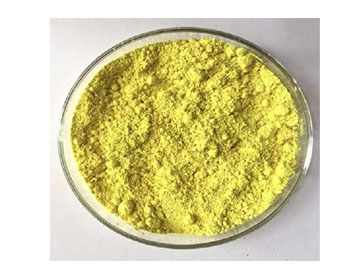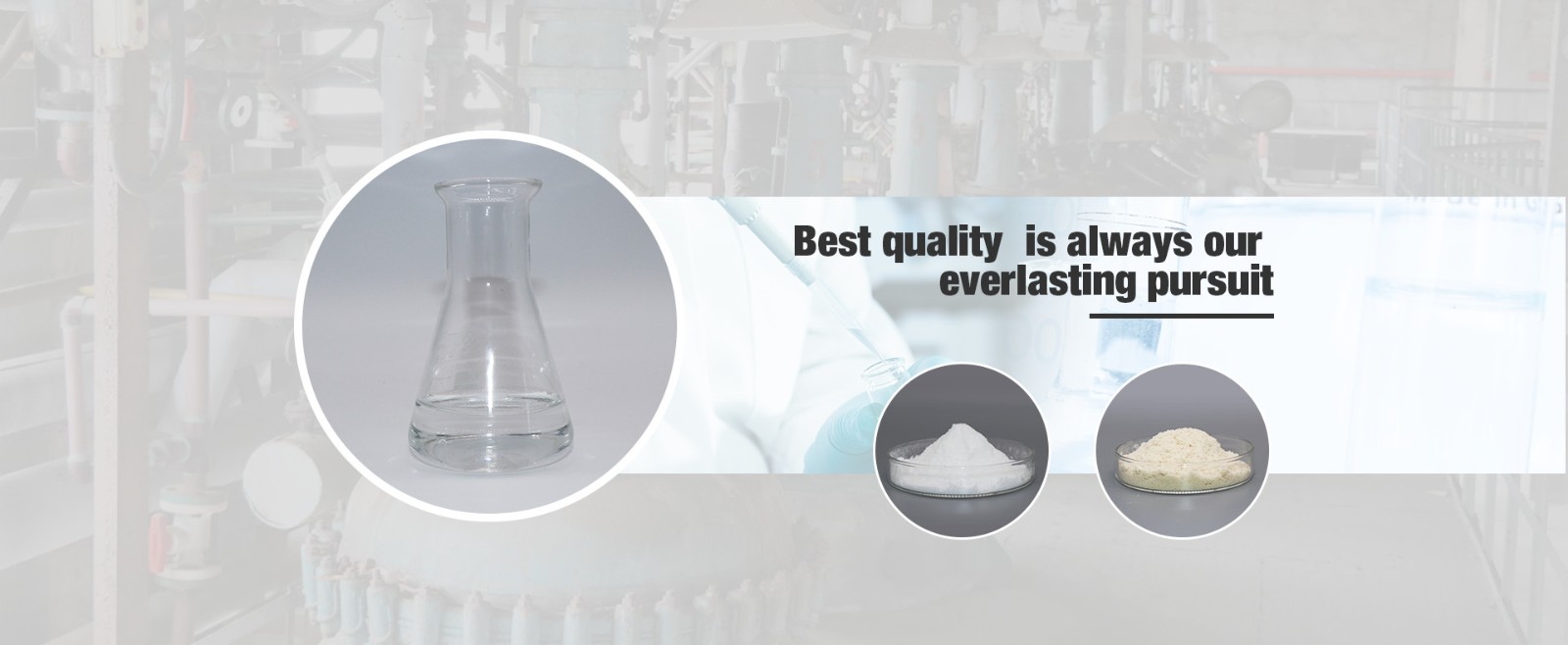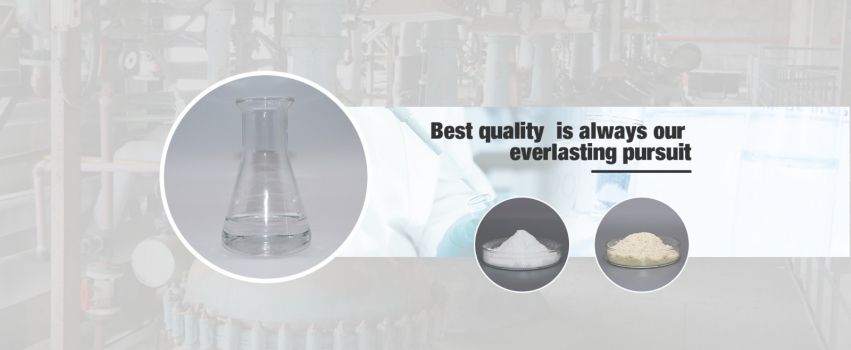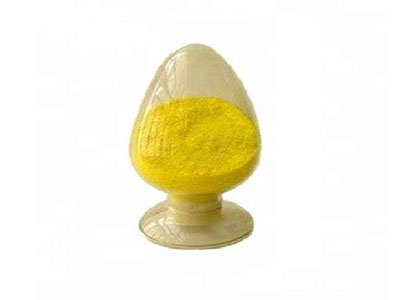Health Benefits of Quercetin
Aug. 27, 2021
Quercetin is a plant pigment (flavonoid). It is found in many plants and foods, such as red wine, onions, green tea, apples, berries, ginkgo, St. John's wort, and American elderberry. Buckwheat tea contains large amounts of quercetin. Some people use quercetin as a medicine.
Quercetin is a natural pigment found in many of.
Fruits
Vegetables
Grains
It is one of the most abundant antioxidants in your diet and plays an important role in helping your body fight free radical damage associated with chronic disease.
Quercetin
2019 Coronavirus Disease (COVID-19): Quercetin may be beneficial for some airway infections, but there is insufficient evidence to support its use for COVID-19. Instead, follow healthy lifestyle choices and proven prevention methods.
How does Quercetin work?
Quercetin (CAS No.: 117-39-5) has antioxidant and anti-inflammatory effects that may help reduce inflammation, kill cancer cells, control blood sugar and help prevent heart disease. They have been linked to a variety of health benefits, including a reduced risk of heart disease, cancer, and degenerative brain disease. The beneficial effects of flavonoids such as quercetin come from their ability to act as antioxidants in the body. Antioxidants are compounds that can bind and neutralize free radicals. If you want to know more information about quercetin wholesale, welcome to contact us.
Free radicals are unstable molecules that may lead to cellular damage when their levels are too high. Damage caused by free radicals has been linked to many chronic diseases, including cancer, heart disease, and diabetes. Quercetin is the most abundant flavonoid in the diet. It is estimated that the average person consumes 10-100 mg per day through various food sources.
Foods that typically contain quercetin include onions, apples, grapes, berries, broccoli, citrus fruits, cherries, green tea, coffee, red wine, and prickly bergamot.

Quercetin
Health Benefits of Quercetin
Research has linked the antioxidant properties of quercetin to a variety of potential health benefits. Here are some of its key science-based benefits.
May reduce inflammation
Free radicals may do more than just damage your cells. Studies have shown that high levels of free radicals may help activate genes that promote inflammation. As a result, high levels of free radicals may lead to increased inflammatory responses. While a little inflammation is needed to help your body heal and fight infection, ongoing inflammation has been linked to health problems, including certain cancers, as well as heart and kidney disease.
Research suggests that quercetin may help reduce inflammation. In test-tube studies, quercetin reduced inflammatory markers in human cells, including tumor necrosis factor-alpha (TNFα) and interleukin 6 (IL-6) molecules.
An 8-week study of 50 women with rheumatoid arthritis observed significant reductions in morning stiffness, morning pain, and post-activity pain in participants who took 500 mg of quercetin.
They also had a reduction in inflammatory markers (such as TNFα) compared to those who received a placebo. While these findings are promising, more human studies are needed to understand the potential anti-inflammatory properties of this compound.
May alleviate allergy symptoms
The potential anti-inflammatory properties of quercetin could alleviate allergic symptoms. Test-tube and animal studies have found that it may block enzymes associated with inflammation and inhibit chemicals that promote inflammation, such as histamine.
For example, one study showed that the administration of quercetin supplements inhibited peanut-related allergic reactions in mice. Nonetheless, it is unclear whether the compound has the same effect on human allergies, so more research is needed before it can be recommended as an alternative therapy.
Previous: What Are Collagen Peptides?
Next: What Is Citral Used for?
-

Qinmu's CPHI China 2025 Exhibition Ends Perfect
Jul. 01, 2025
-

CPHI & PMEC China (Shanghai) 2025 --- we are coming!
Mar. 14, 2025





















